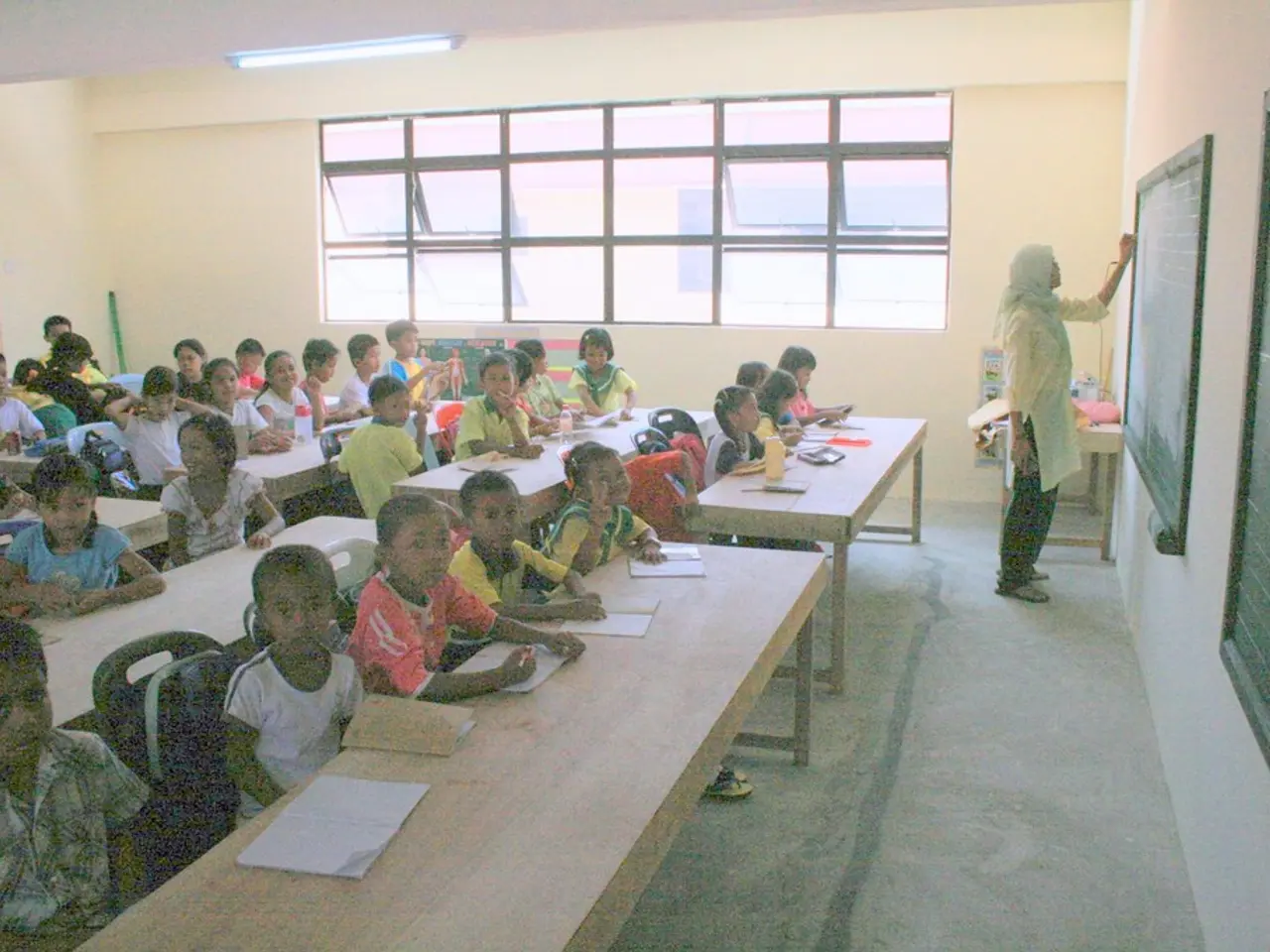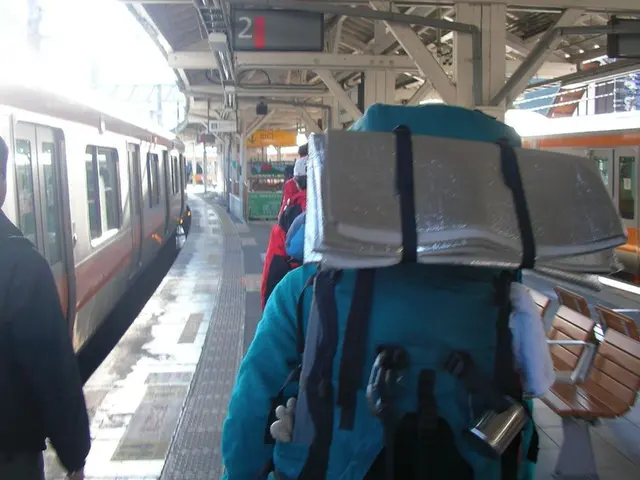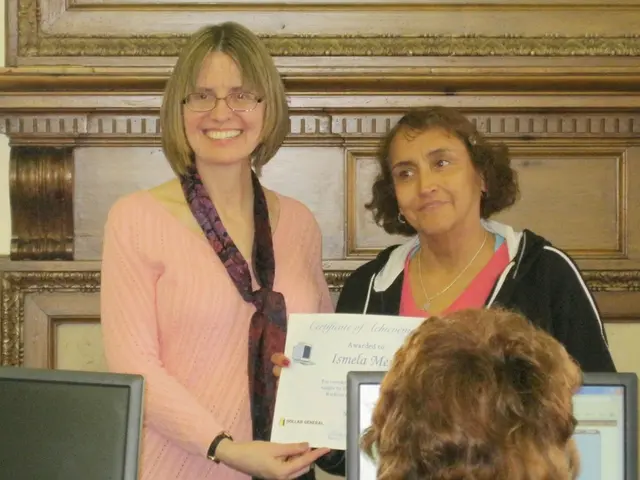Artifact exhaustion still a concern, financial disclosure delayed until autumn. - Are there sufficient language classes available in the nursery setting?
In Bavaria, the future plans for providing German language courses for preschool children in Kitas remain uncertain, with no specific information available about the current status or future initiatives. However, it is worth noting that Kitas, or daycare institutions, play a significant role in the lives of young children in Germany, providing care for children from a very young age to six years old. These institutions are divided into nurseries for children under three and kindergartens for children from three to six years old [1].
While not mandatory, Kitas are popular among families as they allow parents to return to work while providing a social environment for children to interact with peers. In terms of language education, Kitas typically focus on early childhood education rather than formal language instruction. However, some may integrate language activities, including German, as part of their curriculum [1].
Recently, there has been a growing interest in bilingual and multilingual education in major cities like Munich, which might include efforts to incorporate more language learning into early childhood programs. This year, Bavaria checked the German skills of all incoming preschool children for the first time [2].
In response to criticism and in an effort to improve the system, the Ministry of Education in Bavaria has announced several changes for the upcoming year. These changes include improved communication with parents, a digitized invitation procedure, and a promise to provide a Kita slot with a German language course for all preschool children with corresponding needs by fall. The head of the primary school department has also promised improvements, aiming to make the process less "bumpy and jerky" [3].
Maria Wilhelm from the Ministry of Education emphasized that all children who have been recommended for the course by their Kitas should get a slot. Parents will be required to prove that they have not received a suitable slot despite active efforts by the authorities [4].
It is important to note that while the number of slots has been increased from the previous 39,300, the number of children who might remain uncovered will only be apparent after September [2]. The Ministry of Social Affairs assumes that it should generally work out with a Kita slot, but the reality may be different [5].
For the most accurate and up-to-date information, it would be best to consult with local educational authorities in Bavaria or specific Kita institutions in major cities like Munich.
The Ministry of Education in Bavaria has pledged to offer vocational training opportunities, aiming to improve the system and make it less chaotic, as part of their upcoming changes. This could potentially cater to those interested in the field of education-and-self-development.
In response to the growing interest in bilingual education, financial support could be important to ensure equal access to vocational training for those pursuing a career in language education, such as German language teachers, thereby enriching the lifestyle of Bavarian communities.




